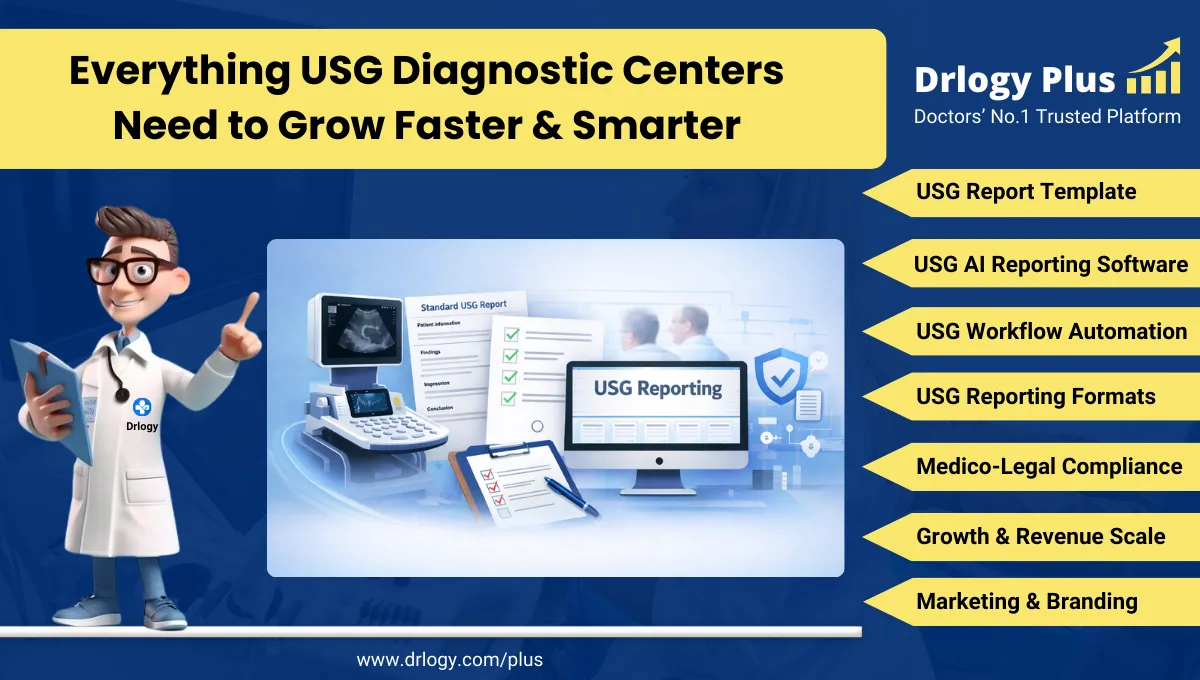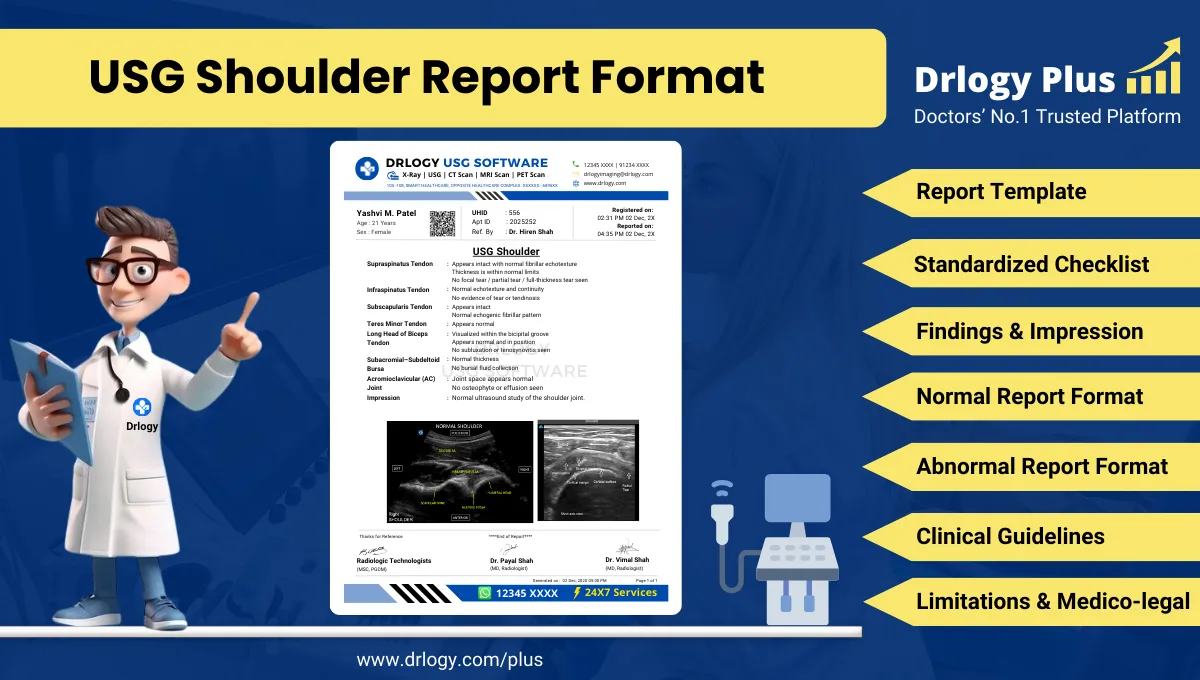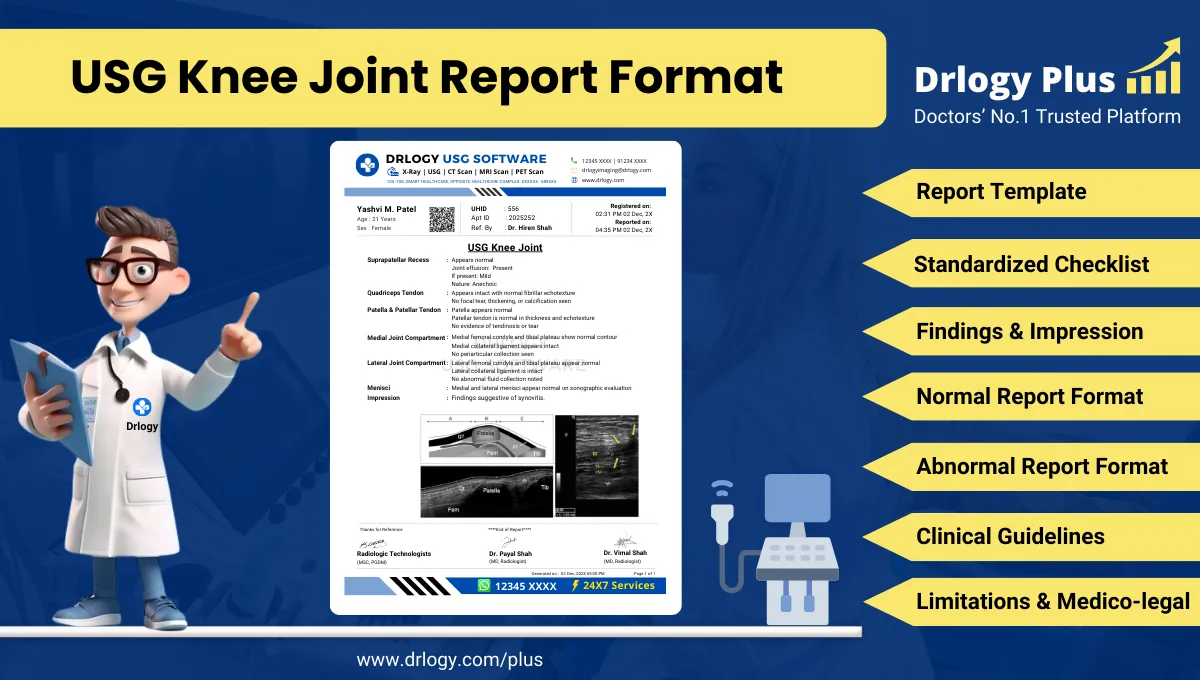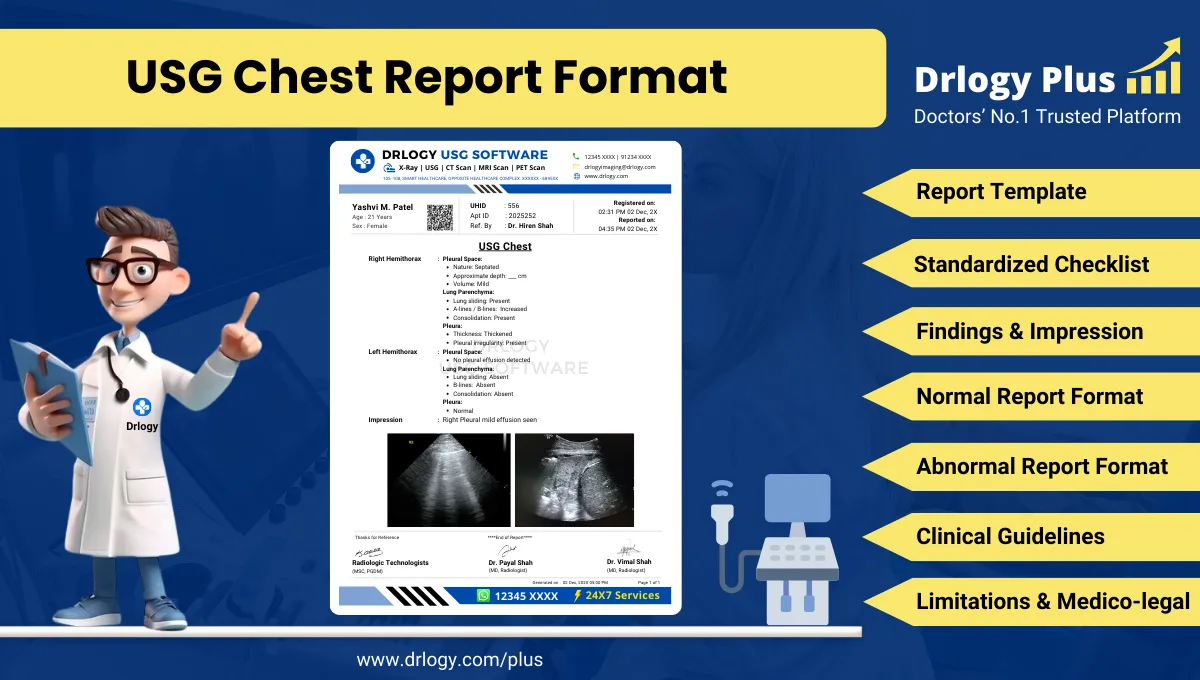

Drlogy
Healthcare organization
Why Patient Health Records Feature Must In EHR Software
Efficient and comprehensive patient health records are a cornerstone of modern EHR software, ensuring high-quality care and streamlined workflows.
Check:
Best Hospital Management Software For Electronic Health Records (EHR)
These features are essential for accurate documentation, seamless data exchange, and enhanced patient safety. Implementing robust patient health record capabilities empowers healthcare providers to deliver informed, timely, and coordinated care.
Check:
10 Best Patient Health Records Features for EHR Software
Check 10 Best Patient Health Records Features for EHR Software.
1. Comprehensive Patient Profiles
- Maintain detailed patient profiles with demographic information, medical history, and contact details.
- Include sections for allergies, medications, immunizations, and family history.
- Support attachments for documents such as scanned reports, referral letters, and images.
- Enable quick access to patient profiles for healthcare providers during consultations.
- Ensure data is organized and easily navigable to enhance usability and efficiency.
2. Real-Time Data Updates
- Allow real-time updating of patient health records during consultations and treatments.
- Ensure immediate synchronization across all devices and platforms used by healthcare staff.
- Enable providers to add notes, lab results, and treatment plans instantly.
- Support automatic updates from integrated medical devices and systems.
- Enhance accuracy and timeliness of patient information for better decision-making.
3. Interoperability and Data Exchange
- Ensure compatibility with other EHR systems and healthcare networks for seamless data exchange.
- Support standardized formats such as HL7 and FHIR for interoperability.
- Enable secure sharing of patient records with authorized external providers and facilities.
- Facilitate coordination of care across different healthcare settings and specialties.
- Improve continuity of care and reduce redundancy through efficient data sharing.
4. Advanced Search and Filter Options
- Provide powerful search functionality to locate specific patient records or information quickly.
- Allow filtering by date, diagnosis, treatment, provider, and other relevant criteria.
- Support keyword searches within clinical notes and documentation.
- Enhance productivity by reducing time spent on locating patient information.
- Enable providers to retrieve pertinent data swiftly during patient interactions.
5. Secure Access Controls
- Implement-based access controls to ensure only authorized personnel can access specific data.
- Use multi-factor authentication and encryption to protect sensitive patient information.
- Enable audit trails to monitor access and modifications to patient records.
- Ensure compliance with data protection regulations such as HIPAA and GDPR.
- Protect patient privacy and maintain trust by safeguarding health records from unauthorized access.
6. Integration with Clinical Workflows
- Seamlessly integrate patient health records with clinical workflows and practice management systems.
- Support automated documentation of clinical encounters and procedures.
- Enableect entry of clinical orders, prescriptions, and referrals from the patient record interface.
- Enhance efficiency by reducing duplicate data entry and streamlining processes.
- Provide clinical decision support tools embedded within the patient health records.
7. Patient Portal Access
- Allow patients to access their health records through a secure online portal.
- Enable viewing of test results, medication lists, and treatment plans.
- Provide tools for patients to update personal information and communicate with providers.
- Enhance patient engagement and empowerment by providing transparency and accessibility.
- Support secure messaging for patients to ask questions or request appointments.
8. Documentation Templates and Customization
- Offer pre-designed templates for common clinical scenarios and documentation needs.
- Allow customization of templates to fit the specific needs of different specialties and practices.
- Support voice recognition and dictation tools for efficient data entry.
- Enable structured data capture to facilitate reporting and analysis.
- Improve consistency and completeness of clinical documentation.
9. Clinical Decision Support
- Provide alerts and reminders for preventive care, screenings, and follow-up appointments.
- Include drug interaction warnings and allergy alerts to enhance patient safety.
- Offer evidence-based guidelines and recommendations integrated within the patient record.
- Support risk assessment tools and predictive analytics to inform clinical decisions.
- Enhance the quality of care through proactive and informed clinical management.
10. Data Analytics and Reporting
- Enable extraction of data for reporting on clinical outcomes, quality measures, and operational metrics.
- Support customizable reports and dashboards for real-time insights.
- Allow tracking of patient progress andentification of trends over time.
- Facilitate compliance reporting for regulatory requirements and quality improvement initiatives.
- Enhance practice performance and patient care through decision-making.
Drlogy EHR Software Features Guide
Here's full guide for 14 best EHR (Electronic Health Record) software features for hospitals:
| 1. Appointment | 8. Support |
| 2. Patient Portal | 9. Health Records |
| 3. ePrescribe | 10. Mobile App |
| 4. Reporting | 11. Data Security |
| 5. Patient Billing | 12. Staff |
| 6. Lab Results | 13. Followup |
| 7. Patient Education | 14. Medication |
Summary
Overall, Incorporating these advanced patient health records features into EHR software significantly enhances healthcare delivery by ensuring accurate, efficient, and secure management of patient information.
Check Drlogy EHR Software Features Guide for efficient inpatient management and enhanced patient care for your clinics and hospitals for patient management.




